Gray•Duffy Attorney Obtains Defense Verdict at Trial
November 2004
Terra Y. Trice of our Encino office recently obtained a defense verdict in a case involving a real property dispute. Ms. Trice represented a real estate company and one of its agents against a claim for attorneys fees arising out of the purchase of two parcels of land. The agent represented the buyers and the seller. The seller was selling both parcels of land. Buyer A was interested in lot 31 and Buyer B (the Plaintiff) was interested in lot 33 to develop into three single family homes.
As part of his offer, Buyer B prepared an exclusive easement. An issue arose as to whether the purchase of the property by Buyer B included any easements. Buyer B wanted the easement across the land, and he proceeded to file suit.
One of Buyer B’s causes of action was for fraud. It was also alleged that the agent breached his duty of loyalty by not presenting certain counter offers. Buyer B also accused the agent of breaching his fiduciary duty in the transaction.
Ms. Trice argued that the parties disagreed on the subject of an easement, and that no fraud or breach of duty took place. Ms. Trice noted that the agent cannot be held responsible for the failure to agree to an easement where the two parties have differing viewpoints. All parties were kept apprized of the status of the negotiations by the agent. The agent followed the directions of the parties to delete references to lot line adjustments and easements. At no time did the agent breach any loyalties. Simply, the parties could not come to an agreement on an easement.
Ms. Trice argued that there was no negligence under Civil Code Section 2079.2, which governs the standard of care for a broker. The broker must exercise reasonable and ordinary care to communicate information acquired with respect to material facts which might affect a principal’s decision. A broker is not liable for a mere mistake. It was the strong arm tactics between the parties which resulted in the litigation. The mutual mistake between the parties resulted in no contract being formed.
Ms. Trice further argued that all three parties repeatedly dealt with one another without the presence of the agent. Plaintiff argued that the agent had the responsibility to create the terms of the sale of the properties, and Ms. Trice countered there was no foundation to that argument.
The court agreed with Ms. Trice and ruled in favor of the real estate company and the agent. The court found there was a mutual mistake between the parties, and no contract was formed.
Grigsby v. Arne, et al, Los Angeles Superior Court Case No. PC020962.
Please Note: This article is necessarily general in nature and is not a substitute for legal advice with respect to any particular case. Readers should consult with an attorney before taking any action affecting their interests.


